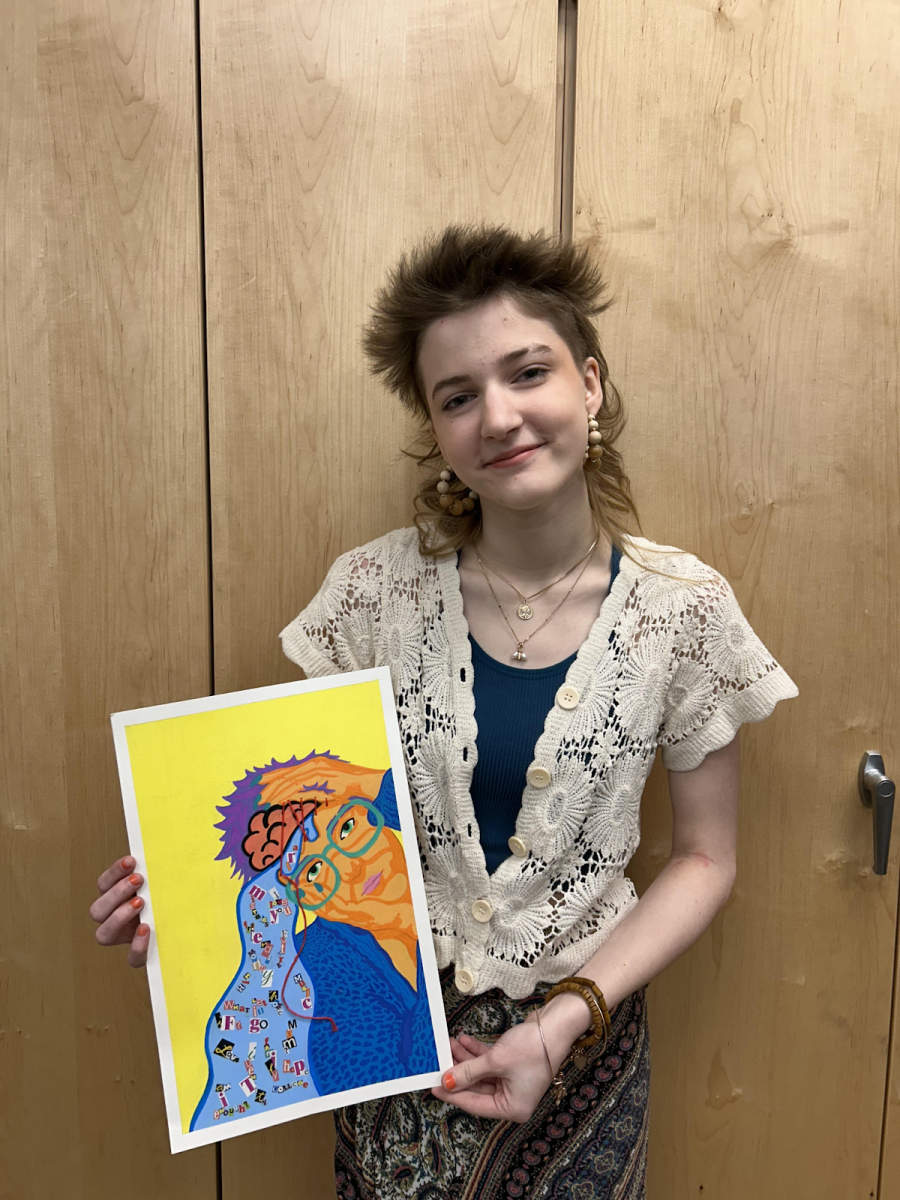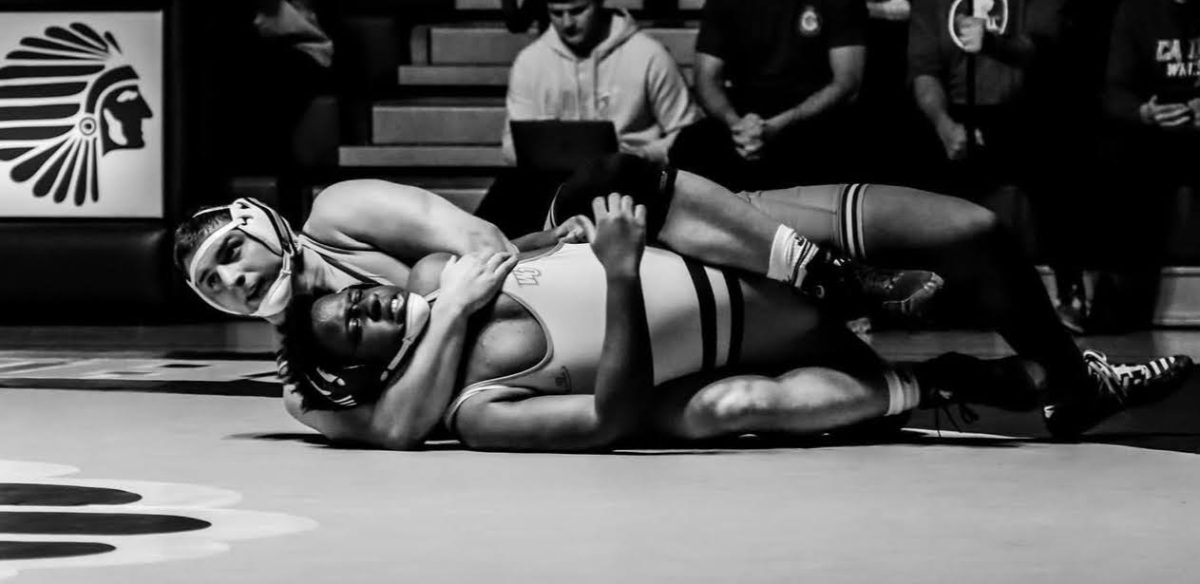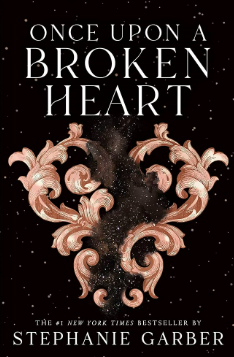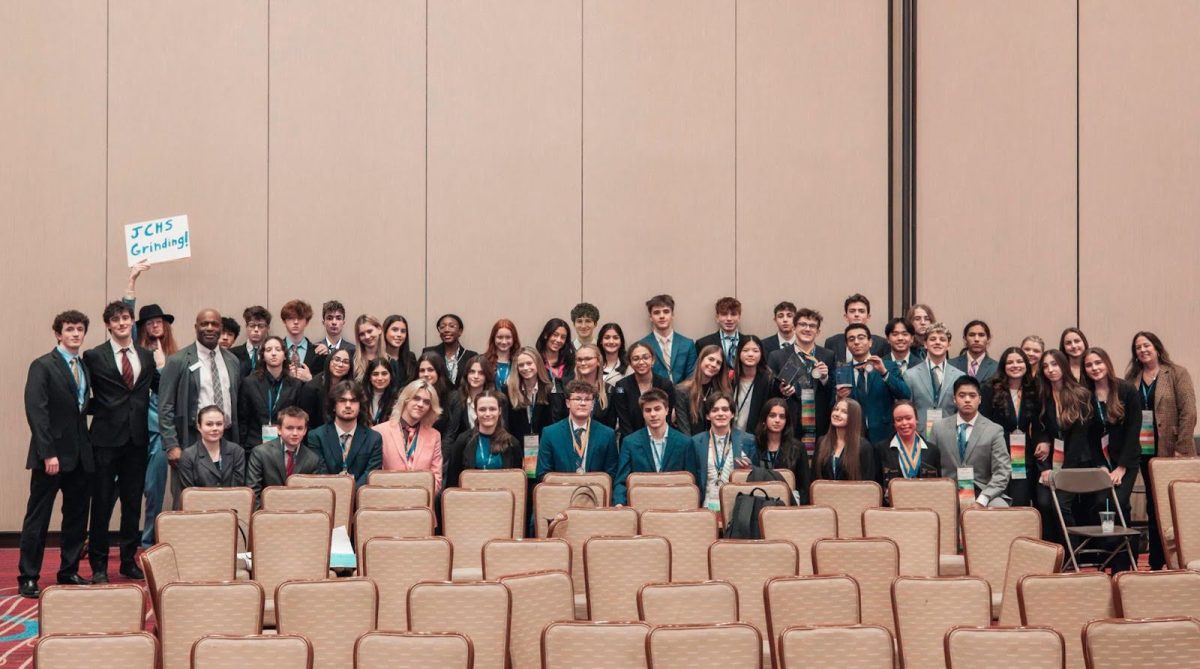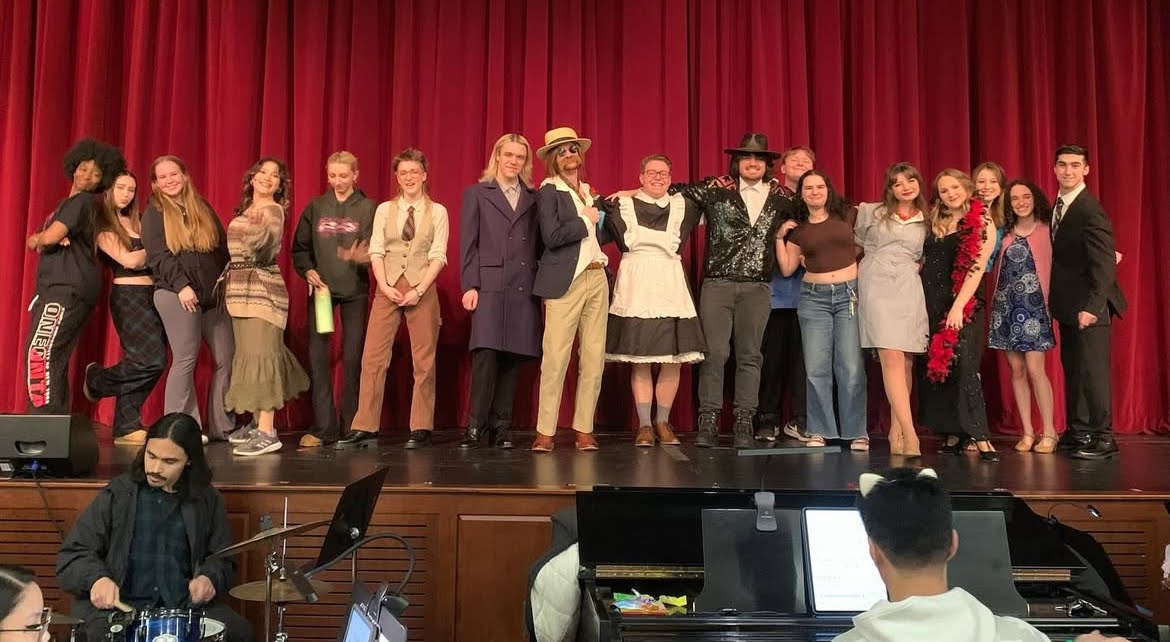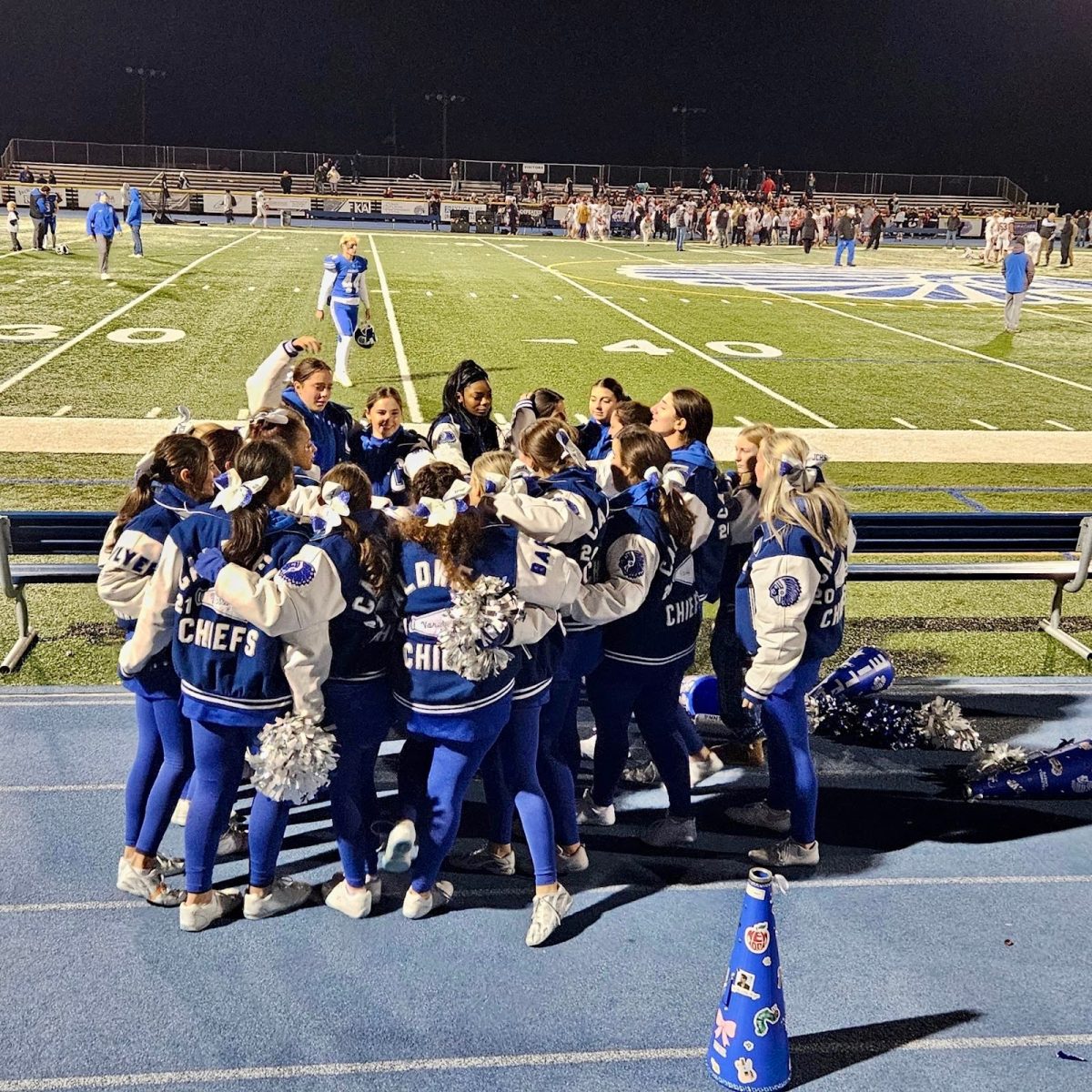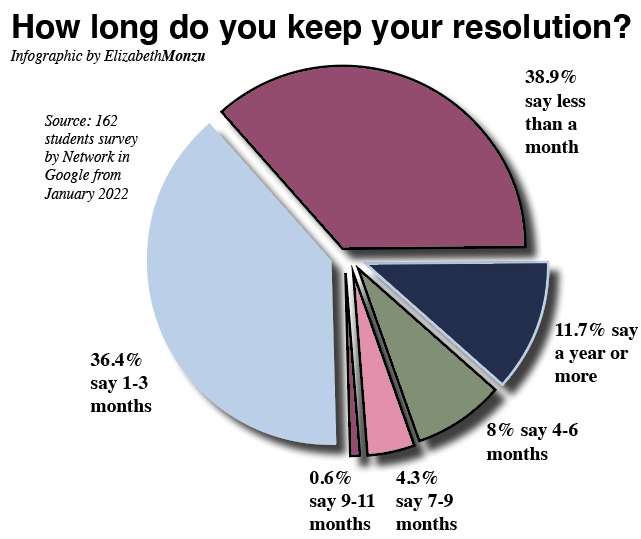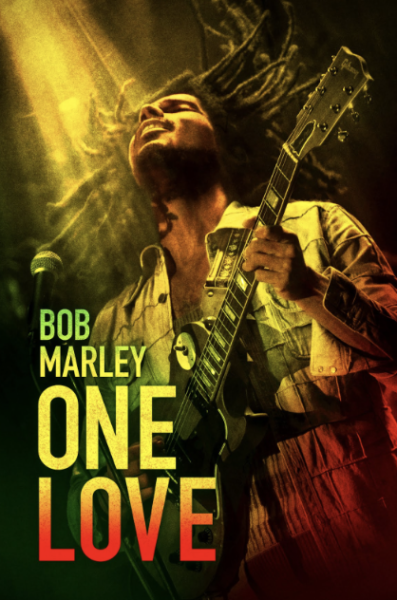
The film One Love took the audience through a timeline of Bob Marley’s activism work, as the film followed Bob Marley’s journey to becoming a musician who used his music to change political views and people’s hearts. During a time of political unrest in Jamaica, Bob Marley made it his goal to spread the idea of unity across Jamaica and worldwide. Bob Marley encouraged love and compassion for those at an economic disadvantage and those suffering from racial brutality and political violence (Royal Caribbean Cruises). On his journey to becoming an influential artist, he had his wife Rita alongside him, his bandmates from the group called the Wailers, and his manager, Don Taylor.
I found the movie One Love quite lovely. I had heard about Bob Marley’s strong influence in popular music, but I had no clue that there was such a deeper meaning behind his music. I also did not know why he joined the music industry, what made him such a success, and the stories of his personal life. I didn’t know that Bob Marley aimed to settle the political turmoil in his country with his passionate music about unity and peace. I didn’t know Bob Marley was biracial as he had a white British-Jamaican father and an Afro-Jamaican mother. Unfortunately, neither of his parents accepted him, so they left him back in Jamaica and went on and about with their lives elsewhere. Bob was forced to fend for himself at a relatively young age. But, what I found so extraordinary about Bob’s unfortunate turn of events is that Bob had always been gifted and passionate about music; music was a source of comfort and enjoyment for him. Bob Marley’s interest and talent for music allowed him to meet wonderful people who truly cared about him, even if they weren’t blood-related.
One of my biggest takeaways from the film is how much our gifts make room for us: “A man’s gift maketh room for him, And bringeth him before great men.” (Proverbs 18:16-17). As a teenager, Bob Marley met his later wife, Rita, who had formed a musical group called the Soulettes alongside her cousin and their friend. Bob Marley’s gift for music led him to coach the trio on vocals and record-making (Vanity Fair). Through the Silhouettes, Bob explored the world of music and production and a growing love for Rita. Eventually, his love and passion for music would be seen by so many other directors and producers who had faith in Bob and knew that he had a purpose to fulfill that was greater than himself.
One thing I liked about the movie was how influential Bob’s relationship with Rita was. Rita and him first shared a connection because of the rejection they had both experienced in their teens, as they weren’t accepted by the people around them. But Bob and Rita understood each other’s pain and shared a love for music, which helped propel their relationship forward. Rita had found her way spiritually under the Rastafarian faith, while Bob was lost and didn’t have a tight grasp on religion, but he was open-minded. So, Rita introduced Bob Marley to the Rastafarian faith and culture, which ended up being a crucial part of the rest of Bob Marley’s life and career. Rita was such a wholesome character as she only wanted the best for Bob Marley and was willing to sacrifice her limelight to make sure that the messages Bob Marley had would be received by the people throughout his music career. Rita was Bob Marley’s number one support, and with her help, Bob Marley was able to reach the audience he sought out and helped to be a part of a significant change, not just in the music industry but with political viewpoints in Jamaica as well.
I also admire the movie’s portrayal of Bob Marley’s character and how he was slow to anger and strived for peaceful interactions. Bob Marley didn’t let circumstantial and/or situational matters ruffle his feathers. One of his most famous quotes is from his song “Three Little Birds,” written for his 1977 album Exodus, which said, “Don’t worry about a thing, every little thing is gonna be alright.” The reassurance of Bob Marley’s words in that quote speaks volumes to his personality. The movie showed how no matter what aspect of life tried to test Bob Marley and his resilience, he always managed to pull through and never lost himself because of how grounded he was in his beliefs, and how his desire for peace and unity outweighed most of the challenges he faced. The movie was inspiring. It not only encouraged me to keep moving forward and staying true to myself, but it was also encouraging for my mother, who said her biggest takeaway was that Bob Marley “cared about everyone and was a man of peace, a creative genius who was humble and had hope for a better future.” Bob Marley was and still is such a light for so many people. His powerful words and his strength of will for peace are ultimately what made Bob Marley the remarkable person that many know him by. He stayed true to his beliefs and didn’t shy away from adversity, but instead stood in its face and brought with him all that he had—his passion for music and desire for unity to help strengthen peace and love within the world.
I never had the chance to meet Bob Marley, but I respect and appreciate all the love and admiration the creators of One Love had for him. This movie was well-needed and a great way to keep the legacy that Bob Marley stood for alive and remembered. Bob Marley had such a beautiful soul and made such a big difference in the world with his music by uniting the hearts of fellow musicians, politicians, reggae lovers, Rastafarians, and many others with just one love —unity, respect, and inclusion (darryring).



